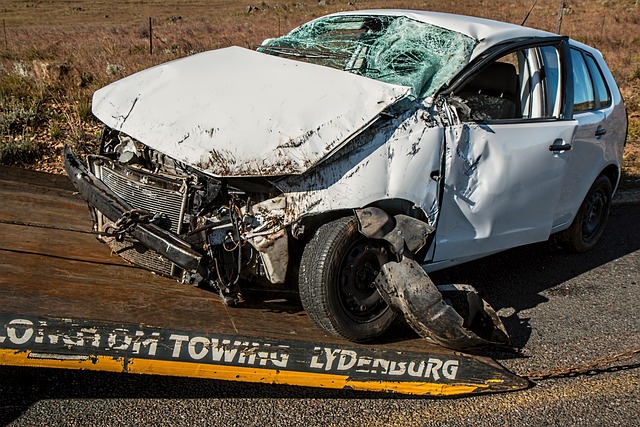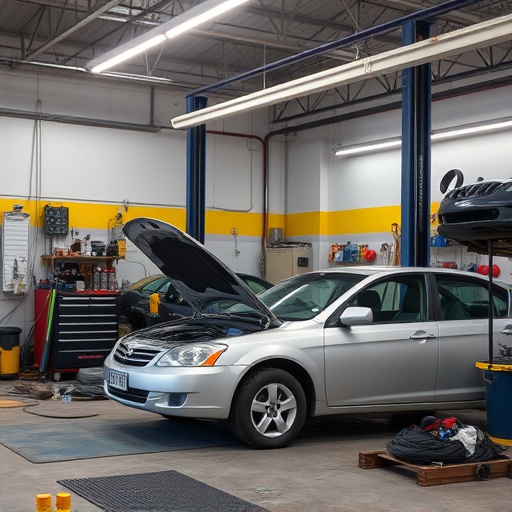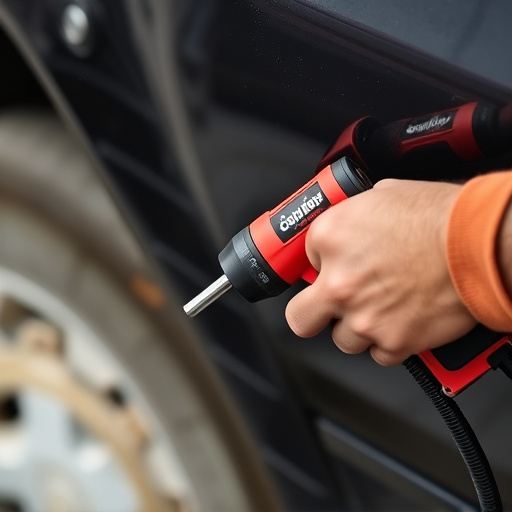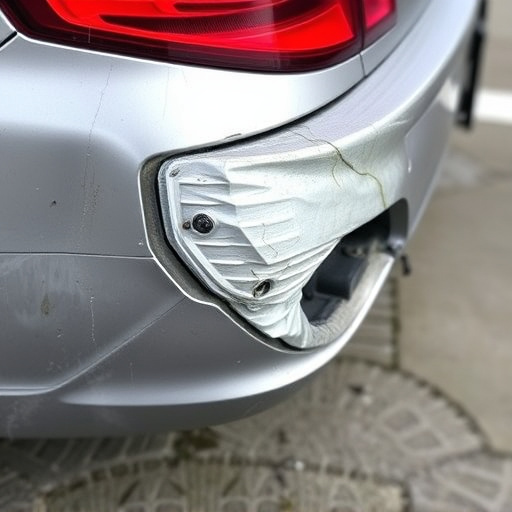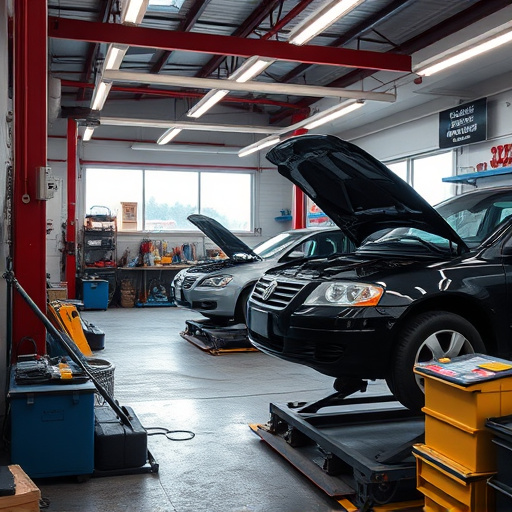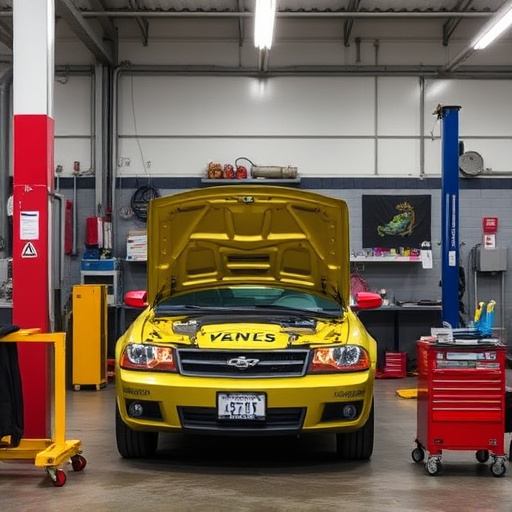Mercedes lane assist recalibration is vital for maintaining safe emergency steering. Sensor calibration degrades over time due to environmental factors or wear, requiring professional adjustment using specialized tools. Accurate recalibration enhances driver confidence and prevents accidents, especially during critical tasks like auto glass replacement, ensuring optimal system performance and road safety.
Mercedes’ Lane Assist system, designed to keep your vehicle centered in its lane, relies on precise calibration. This article explores the implications of Mercedes lane assist recalibration, particularly on emergency steering interventions. We delve into how adjustments can affect the system’s response during critical driving situations. Additionally, we provide guidance on ensuring safe driving practices post-recalibration, offering insights for both car owners and professionals alike.
- Understanding Mercedes Lane Assist Recalibration
- Impact on Emergency Steering Interventions
- Ensuring Safe Driving After Recalibration
Understanding Mercedes Lane Assist Recalibration

Mercedes Lane Assist Recalibration is a process that plays a vital role in ensuring the safety and efficiency of emergency steering interventions on Mercedes vehicles. This advanced system, designed to keep cars centered in their lane, relies on precise sensor calibration. Over time, these sensors may become less accurate due to environmental factors or wear and tear, leading to potential issues during critical driving situations.
Therefore, when a recalibration is required, professional fleet repair services step in. The process involves adjusting the system’s parameters to match the vehicle’s current conditions accurately. An experienced mechanic will use specialized tools to assess the need for recalibration, much like an automotive restoration expert revitalizes a classic car. This ensures that the Mercedes lane assist functions optimally, enhancing driver confidence and safety on the road, even when navigating challenging circumstances or requiring urgent auto glass replacement.
Impact on Emergency Steering Interventions

The Mercedes lane assist recalibration has a direct impact on the functionality of emergency steering interventions. This advanced driver-assistance system (ADAS) is designed to keep vehicles centered in their lanes, preventing wander and potential accidents. When properly calibrated, it enhances safety by enabling swift corrective actions when a vehicle starts to drift off course. However, any misalignment or faulty recalibration can lead to erratic behavior, affecting the system’s ability to accurately gauge lane deviation and execute timely interventions.
For instance, if the sensor readings are off due to a recalibration issue, the system might fail to detect a legitimate lane departure, causing it to either intervene too late or altogether. This could significantly increase the risk of collisions, especially at higher speeds. Therefore, regular maintenance and accurate recalibration by trusted car repair services, such as those offered at a collision repair center or vehicle body shop, are crucial to ensure the optimal performance of Mercedes’ lane assist systems, ultimately safeguarding drivers and passengers on the road.
Ensuring Safe Driving After Recalibration

After a Mercedes lane assist recalibration, it’s paramount to understand how this affects your vehicle’s safety systems and driving experience. The recalibration process adjusts the sensor’s performance, ensuring precise emergency steering interventions when needed. This is crucial for maintaining safe driving conditions, especially in critical situations where quick and accurate responses can prevent collisions.
Drivers should be aware of any changes in handling dynamics following the recalibration. While the system is designed to enhance safety, unexpected behavior could occur, requiring a period of adjustment. Regularly scheduled maintenance, including checks at a collision center for potential issues with auto glass replacement or paintless dent repair, can help ensure your vehicle’s systems are functioning optimally, contributing to a secure driving experience.
Mercedes lane assist recalibration plays a pivotal role in ensuring safe driving, especially during emergency steering interventions. By understanding its impact on vehicle behavior and following proper guidelines after recalibration, drivers can maintain a high level of safety on the road. Regular checks and adhering to manufacturer recommendations are crucial to maximize the benefits of this system, allowing for a more secure and confident driving experience.
